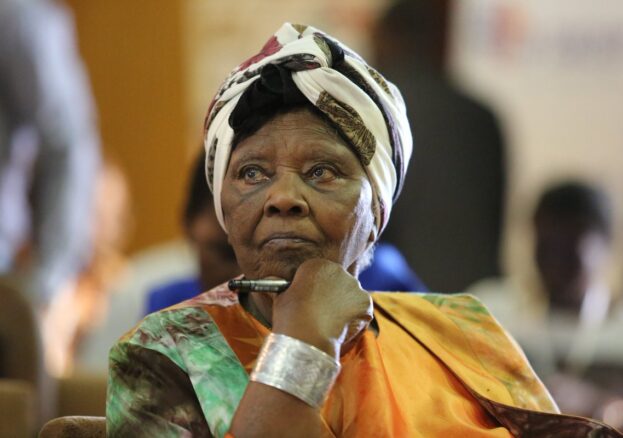
The African narrative, resplendent with its tales of struggle and triumph, often unfolds through the prism of male protagonists. Yet, woven within the rich tapestry of these stories lies an assembly of extraordinary women who have shaped destinies, rewritten history, and illuminated the path towards freedom. Their unwavering spirits and unyielding determination, echoing through the corridors of time, stand as a testament to the indomitable strength of the African woman.
Beyond the Periphery: The Silent Architects of Change
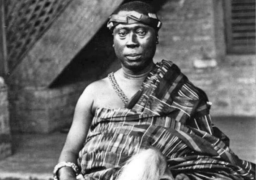
In the symphony of liberation, the soaring notes of male leaders often dominate. Yet, concealed in the harmonies are the unsung melodies of countless women who orchestrated the crescendo of revolution. Among these orchestrators of courage, we find the fierce spirit of Ghana. She not only defied foreign oppressors but also challenged societal norms that sought to confine her to silence. Leading the Ashanti uprising against British colonial rule, Asantewaa carved her place in history, bridging gender gaps along her courageous path.
In the heart of the Gold Coast, modern-day Ghana, Yaa Asantewaa’s unwavering resolve stood as a beacon amidst the turmoil ignited by British forces. As the Queen Mother of the Ashanti Empire, she possessed a steadfast commitment to her people’s cause. When the British governor sought the Golden Stool – symbolising Ashanti unity and sovereignty – Asantewaa’s retort echoed through the ages: “If the men of Ashanti hesitate, I will lead my fellow women. We will confront the white men. We will fight until our last warrior falls on the battlefield.”
Asantewaa’s audacious leadership infused the Ashanti people with renewed vigour, transforming her village into a bastion of resistance. Her defiance extended beyond colonial rule; she dismantled the constraints imposed on women within her society. Her courage reverberates through time, inspiring women like Funmilayo Ransome-Kuti of Nigeria, who transcended activism to champion women’s rights within her nation.
Grassroots Mobilisers: The Bedrock of Revolution
Beyond the grandeur of political platforms and ideological clashes, revolutions germinate at grassroots levels. Here, women emerged as architects of change, weaving a tapestry of resilience, unity, and empowerment. At the heart of this intricate weaving lies the story of black women like of Nigeria. Her voice resonated not just within the chambers of colonial opposition but also within the alleyways and homes of her homeland. The inception of the Nigerian Women’s Union epitomised progress for women’s rights in the nation.
From Abeokuta, Nigeria,
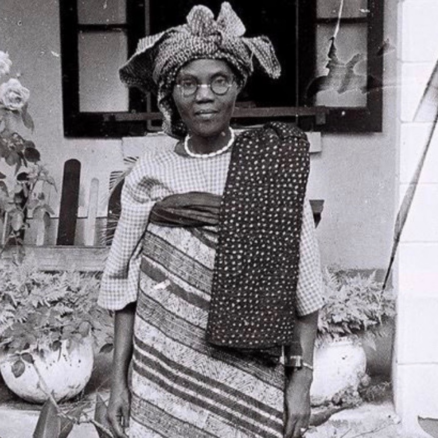
s trajectory defied the boundaries set by her contemporaries. She defied societal norms by pursuing education and venturing into activism. In founding the Nigerian Women’s Union, Ransome-Kuti crafted a platform that exceeded mere advocacy for women’s rights; it was a conduit for uplifting women as pivotal agents of societal transformation. She recognised the intricate interplay between political freedom and gender equality, and her endeavours mirrored the unbreakable link between the two. By challenging oppressive norms, Ransome-Kuti sought not only freedom from colonial rule but also liberation from the chains stifling women’s potential.
Trailblazers of Thought: The Intellectual Vanguard
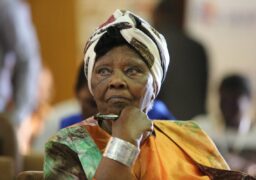
As ink flowed from pens, chronicling Africa’s struggle for self-determination, it was often male intellectuals who assumed the spotlight. Yet, a closer examination reveals that the pioneers of thought encompass remarkable women like Muthoni Likimani of Kenya. As a participant in the Mau Mau Uprising, Likimani harnessed her literary prowess to etch tales of resistance into history, creating a testament for her generation and a guidepost for the generations to come.
Kenya’s quest for independence was marked by fierce resistance against British colonial rule, culminating in the Mau Mau Uprising. From the heart of this tumult emerged Muthoni Likimani, a woman whose contributions transcended physical battlegrounds. As a writer, broadcaster, and activist, Likimani understood the potency of words in shaping narratives. Through her writings, she documented not only the struggles of her people but also offered insightful perspectives on the intricacies of the movement. Her commitment to education and awareness underscored the significance of intellectual engagement in the fight for freedom.
Emissaries of the Unseen: A Global Call for Justice
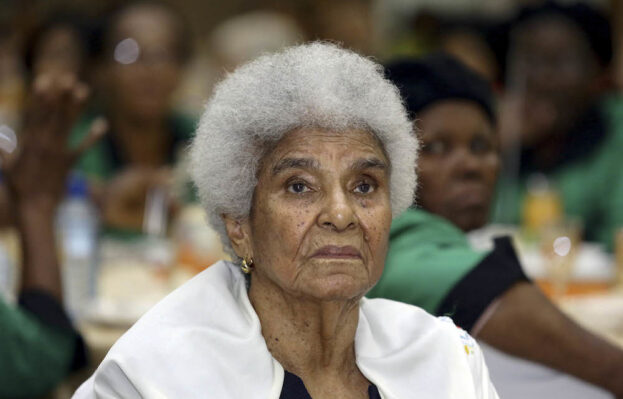
Colonialism extended beyond national borders; it was a global phenomenon. Many African women grasped this universal truth and shouldered the mantle of global ambassadors. Among these emissaries was Ruth Mompati, who transitioned from serving as Nelson Mandela’s secretary to becoming a voice that resonated across international arenas. Through her, the world heard Africa’s echoes of struggle and aspirations.
Affectionately known as “Mama Ruth,” Ruth Mompati embodied dedication, perseverance, and determination. A close confidante of Nelson Mandela, she didn’t merely support his work; she channelled Africa’s voice onto the global stage. In diplomatic corridors and international forums, she carried her people’s stories, bridging geographical divides and uniting the world against injustice. Her journey exemplified the interconnectedness of the African struggle, transcending borders to inspire solidarity.
Pioneers Unveiled: Emancipation Beyond Politics
Amidst the tempest of political upheaval, it was the African woman who anchored the ship of daily life, ensuring its steady course. Women of distinction like Albertina Sisulu of South Africa stood not only as anti-apartheid champions but also as embodiments of a holistic vision of freedom. Sisulu’s nursing career epitomised her belief in the inseparability of a nation’s well-being from its health.
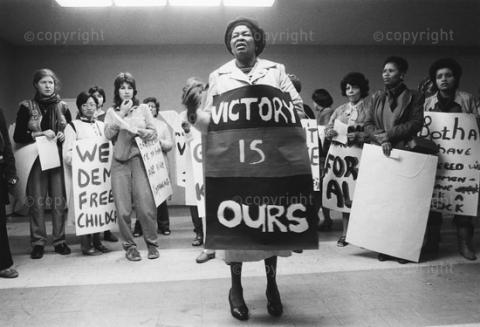
South Africa’s anti-apartheid struggle was a crucible of pain, resilience, and triumph. At its core stood Albertina Sisulu, a woman who fought not only against racial segregation but also championed a comprehensive vision of freedom. Trained as a nurse, Sisulu recognised the profound link between health, dignity, and liberation. Her work in healthcare was a manifestation of her commitment to her people’s holistic well-being. Her pursuit of justice reflected an understanding that political freedom devoid of social well-being remained an incomplete victory.
As the African narrative continues to unfurl, let us illuminate the corners often dimmed by history’s spotlight. Let us Salute and honour the legacy of these remarkable women whose contributions, though relegated to the periphery, have sown seeds of inspiration for generations to come. Just as the roots of an ancient baobab tree lay the foundation for its towering strength, the stories of these African heroines fortify the continent’s journey towards liberation, equality, and a brighter future.
